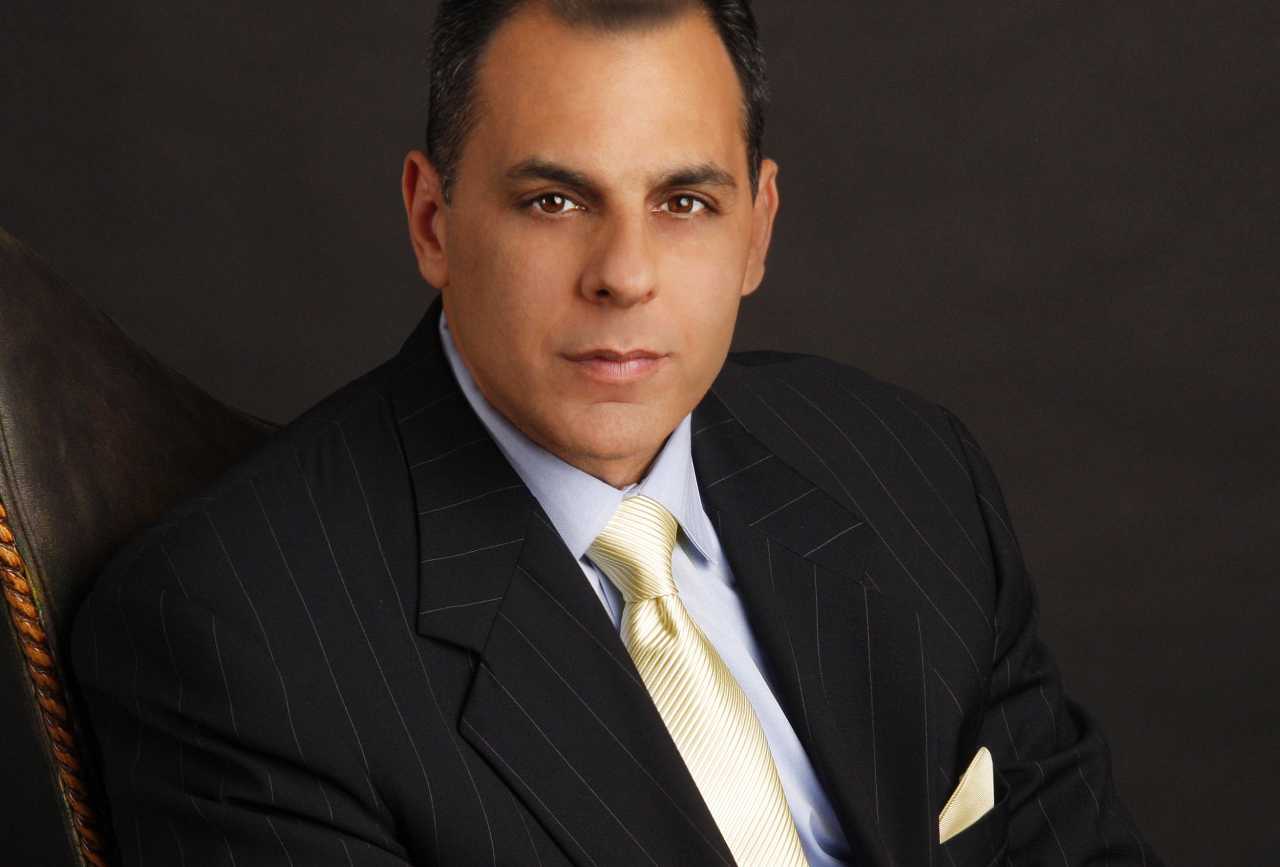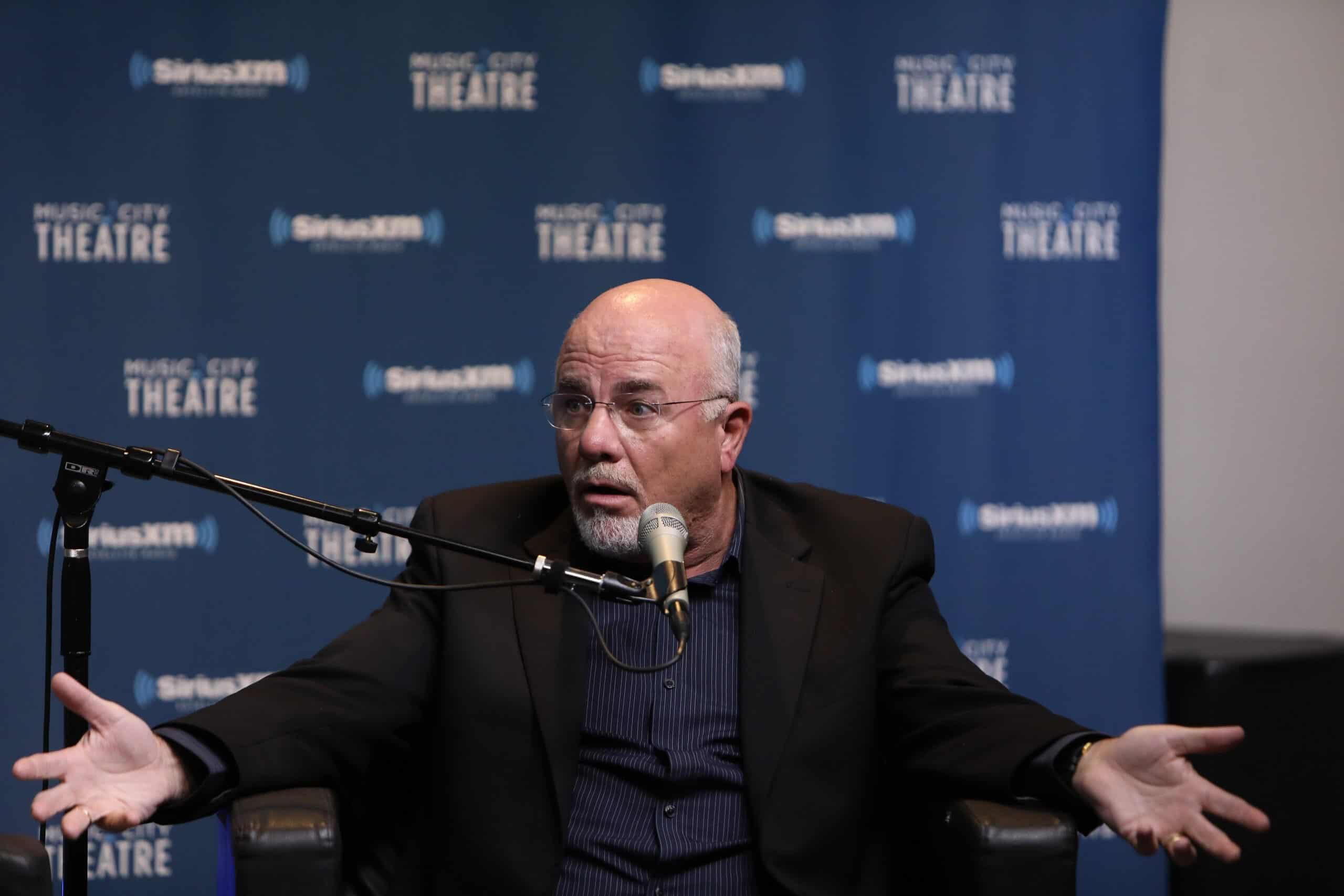Is Investing $70,000 a Year in Retirement Accounts a Smart Move – Am I Missing Out on Other Opportunities?
Retirement goals are different for everyone. Very high wage earners might want to have tens of millions of dollars set aside so they can continue enjoying the lifestyle they’ve grown accustomed to, while those with smaller incomes may seek to have enough just to ensure their bills are paid. Yet some people who live very […] The post Is Investing $70,000 a Year in Retirement Accounts a Smart Move – Am I Missing Out on Other Opportunities? appeared first on 24/7 Wall St..

24/7 Wall St. Insights:
-
Some people are fortunate to have an excess amount of money to put into their retirement accounts that goes far beyond basic necessities.
-
While you can continue to plug the money into the accounts and create a legacy for your heirs, there are options to using your resources that can finance both growth and enrichment.
-
Are you ahead, or behind on retirement? SmartAsset’s free tool can match you with a financial advisor in minutes to help you answer that today. Each advisor has been carefully vetted, and must act in your best interests. Don’t waste another minute; get started by clicking here.(Sponsor)
Retirement goals are different for everyone. Very high wage earners might want to have tens of millions of dollars set aside so they can continue enjoying the lifestyle they’ve grown accustomed to, while those with smaller incomes may seek to have enough just to ensure their bills are paid.
Yet some people who live very frugal lifestyles and have a bare minimum of expenses may see all the money they’re squirreling away for retirement as unnecessary, and wonder if they are missing out on other opportunities.
That is the case with one Redditor on the r/Fire subreddit who is putting $70,000 a year away into a retirement account, but with just rent and groceries as his only expenses, asks, “Am I missing something here?”
Sometimes, too much is too much
The first thing that might cross your mind, beyond just how someone putting away more than the average person makes in a year has a “problem,” is how they putting away $70,000 into a retirement account? Isn’t the limit for a 401k $23,500 (or $31,000 if you’re older than 50)?
The answer could be one of two things. First, if you’re self-employed and have a SEP-IRA, you can contribute 25% of your income up to a maximum of $70,000, or second, the combination of employee contributions plus an employer match, could bring the total to the threshold, though few people are lucky enough to have a job with a 200% employer match.
There is a third option: max out your contributions, get an employer match (the average is between 4% and 6%), and subtract the total from $70,000. The difference can be contributed to an after-tax account and then converted to the 401(k) through a mega backdoor Roth conversion.
Going beyond the basics
While that’s how you can achieve such high contributions, commenters on the thread offered several helpful suggestions. Among them were diversifying investments beyond just retirement accounts, ensuring the Redditor has an emergency fund in place to cover three to six months worth of expenses, and also considering some short-term savings goals he might want to achieve, maybe buying a new car, a house, or some other big-ticket item.
There are other options to think about, too. Below are four possibilities.
Opportunities for growth and enrichment
- Real estate investment: Allocate a portion to real estate, such as purchasing rental properties or investing in real estate investment trusts (REITs). Rental properties can generate passive income, with average U.S. rental yields of 7% to 8%. This allows for diversification without property management requirements or a down payment, while building long-term wealth through appreciation and cash flow.
- Education or skill development: Invest in personal growth by funding advanced education, certifications, or professional training. Doing so would enhance your earning potential or enable a side hustle. Online platforms like Coursera (NYSE:COUR) or trade programs offer flexible options, ensuring future income streams or permitting you to pivot to a new career.
- Philanthropic endeavors: Establish a charitable giving plan or donor-advised fund (DAF), which allows tax-deductible contributions. This lets you support causes like education or healthcare while directing grants over time, and fosters a social impact and potential tax benefits, aligning your wealth with personal values.
- Business ventures or angel investing: Start your own small business or invest in startups via angel networks like AngelList. A side business, such as e-commerce or consulting, can diversify your income, while angel investing offers high-risk, high-reward exposure to innovative companies. It is important you do your due diligence, but find the next Uber Technologies (NYSE:UBER) or Shopify (NYSE:SHOP), which started in its founder Tobias Lutke’s garage, before they make it big and the investment has the potential for outsized returns.
Key takeaways
If you feel you have too much money that’s burning a hole in your retirement account’s pocket and are looking for something else to do with the cash, there are options and opportunities available that can both enrich and financially reward you or other.
The post Is Investing $70,000 a Year in Retirement Accounts a Smart Move – Am I Missing Out on Other Opportunities? appeared first on 24/7 Wall St..




























































































































































